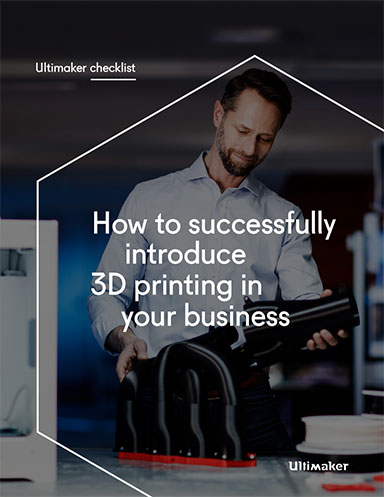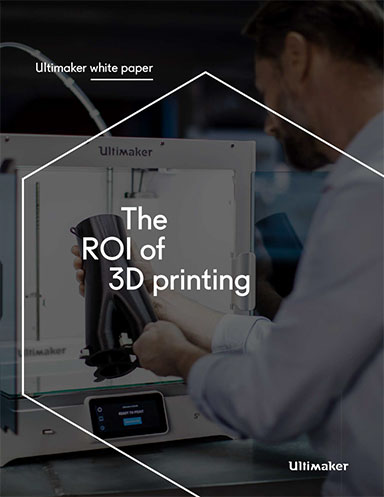Desktop Metal Launches 316L Stainless Steel
Shop System binder jetting enables cost-effective batch production of 316L stainless steel parts via additive manufacturing.
Latest News
August 24, 2021
Desktop Metal has qualified the use of 316L stainless steel for the Shop System, a metal binder jetting system designed for machine shops. With an expanded materials portfolio, users can leverage affordable, high-quality binder jetting technology to print end-use parts in 316L stainless steel with throughput, print quality and productivity, the company says.
Known for its corrosion resistance, high ductility and mechanical properties at extreme temperatures, 316L is an austenitic stainless steel well-suited for demanding environments and applications, such as parts exposed to marine, pharmaceutical, or petrochemical processing, food preparation equipment, medical devices, surgical tooling, and consumer products such as jewelry, Desktop Metal notes.
“The launch of 316L for the Shop System is a part of an aggressive and extensive materials roadmap to broaden our AM 2.0 portfolio and address a rapidly expanding set of use cases for our print platforms,” says Jonah Myerberg, co-founder and CTO of Desktop Metal. “We are fully focused on developing opportunities for our customers to produce parts competitively with conventional manufacturing, and we are excited to be able to extend our binder jetting technology to meet this need and address key existing and emerging killer applications for 316L in the market.”
316L Stainless Steel: Key Applications
The Desktop Metal materials science team has validated that 316L stainless steel printed and sintered using the Shop System meets MPIF 35 standards set by the Metal Powder Industries Federation.
Examples of key use cases include:
Bulb Nozzle
Custom spray nozzles are often used in chemical processing. With conventional manufacturing methods, such nozzles would typically be cast followed by extensive secondary machining on a five-axis CNC, according to Desktop Metal. 316L is reportedly an essential material for this part because of its material properties, even at elevated working temperatures and while spraying corrosive fluids. 3D printing in 316L on the Shop System can produce the order of several hundred nozzles in less than a week with only one secondary thread-tapping operation required.
Medical Device Closure
Assembly closures can be used to latch and hold medical device components in place. The Shop System can print up to 10,000 medical device closures in a week, without any tooling costs and without the labor costs and time that machining would require. 316L is an ideal material for medical components such as this closure, because of its corrosion resistance.
Watch Bezel
A bezel is the main component that houses the dial and movement within a watch. With the Shop System, multiple different watch bezel models can be printed in each build, enabling mass customization with no tooling required and minimal lead times. For consumer products applications such as this bezel, 316L is an ideal material since it allows for corrosion resistance while maintaining the high strength.
The Shop System
Featuring an advanced single pass print engine in the binder jetting market, the Shop System offers a turnkey solution for producing complex, end-use metal parts. The Shop System is designed to scale throughput with a range of build volume configurations. In addition, Desktop Metal software for build preparation and sintering simulation, in combination with metal powders and process parameters that are optimized, enable businesses to get up and running with binder jetting in days instead of weeks or months, the company says.
Other Key Benefits
Easy to use and operate. Designed with the modern machine shop in mind, the Shop System produces parts at the push of a button through its easy-to-use software interface. It features engineered powders and default processing parameters optimized to ensure repeatability without third-party materials qualification or process development. The use of software-generated hand-removable sintering setters eliminates the need for costly and labor-intensive post-processing steps.
High productivity and print quality. Featuring variable build sizes up to 16L and a high-speed, single-pass print carriage, the Shop System produces end-use metal parts up to 10 times the speed and at a fraction of the cost of legacy additive manufacturing technologies, amplifying existing output with up to hundreds of complex metal parts printed per day, with mechanical properties exceeding industry standards. With speeds up to 800 cc/hour, the Shop System enables batches of tens or hundreds of complex printed parts in as little as 5 hours.
Rich feature detail with surface finish. Businesses can print dense, complex metal parts with fine feature detail and surface finishes as low as 4-micron roughness average (Ra) out of the furnace. Leveraging an advanced single pass printhead, 1600 native DPI, the Shop System delivers 400% the resolution of legacy binder jetting systems, according to Desktop Metal.
The Shop System also supports 17-4PH stainless steel and chrome cobalt. A broad portfolio of additional materials is in active R&D with additional releases slated to roll out this year.
To learn more about the Shop System and applications for 316L stainless steel, click here.
Sources: Press materials received from the company and additional information gleaned from the company’s website.
Subscribe to our FREE magazine, FREE email newsletters or both!
Latest News
About the Author
DE’s editors contribute news and new product announcements to Digital Engineering.
Press releases may be sent to them via [email protected].






